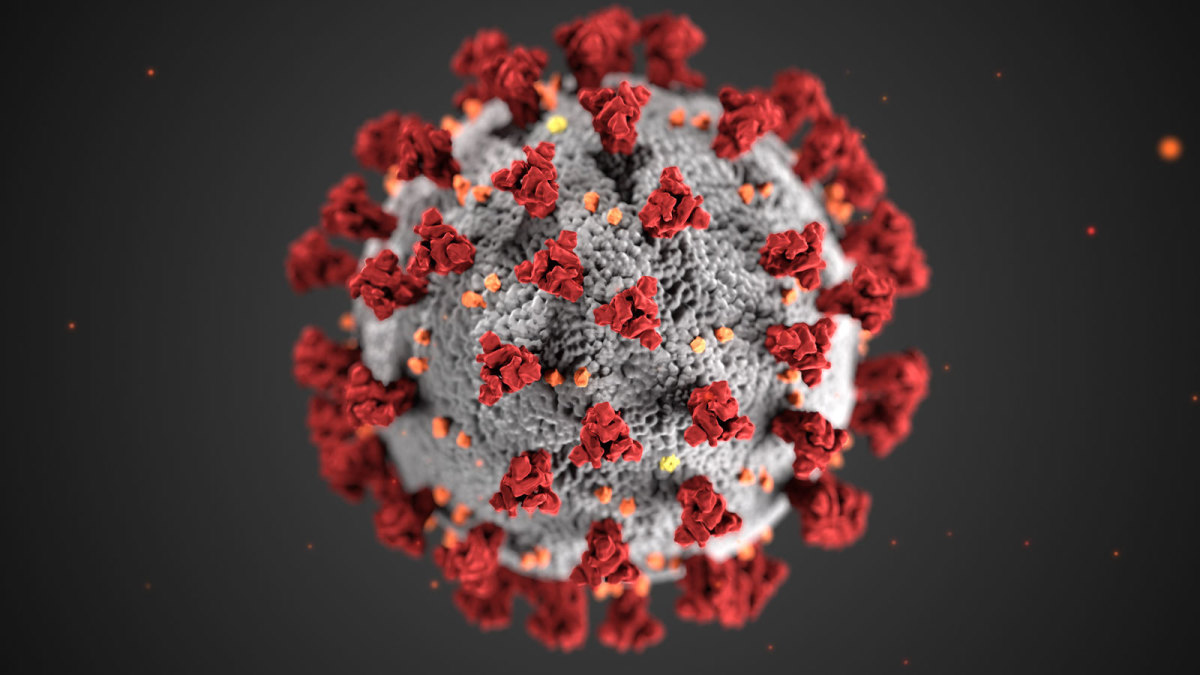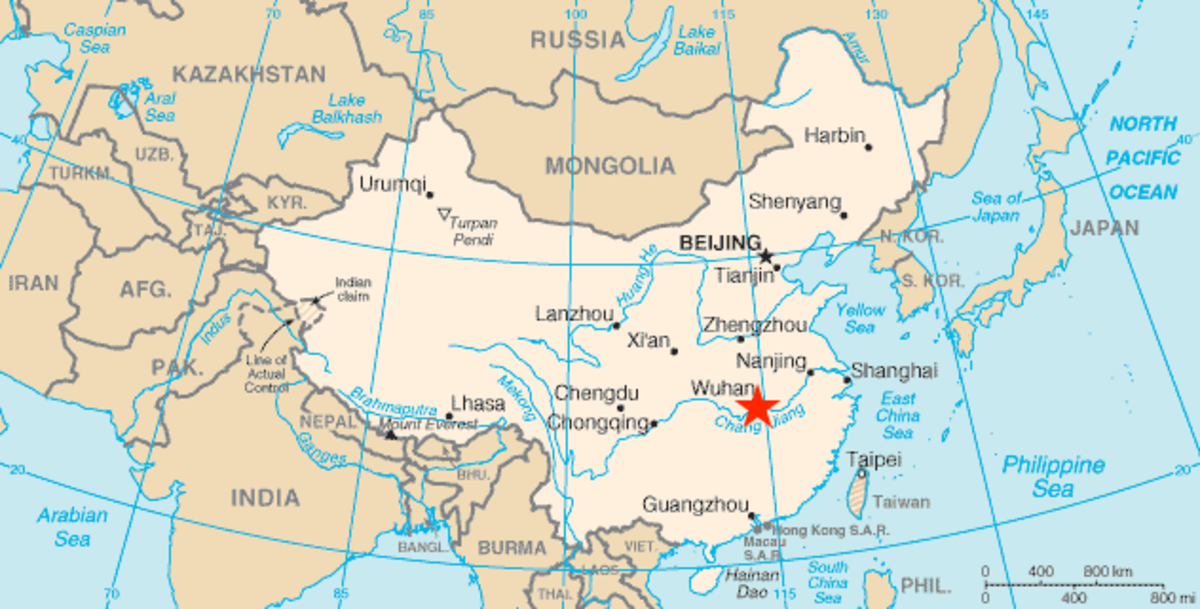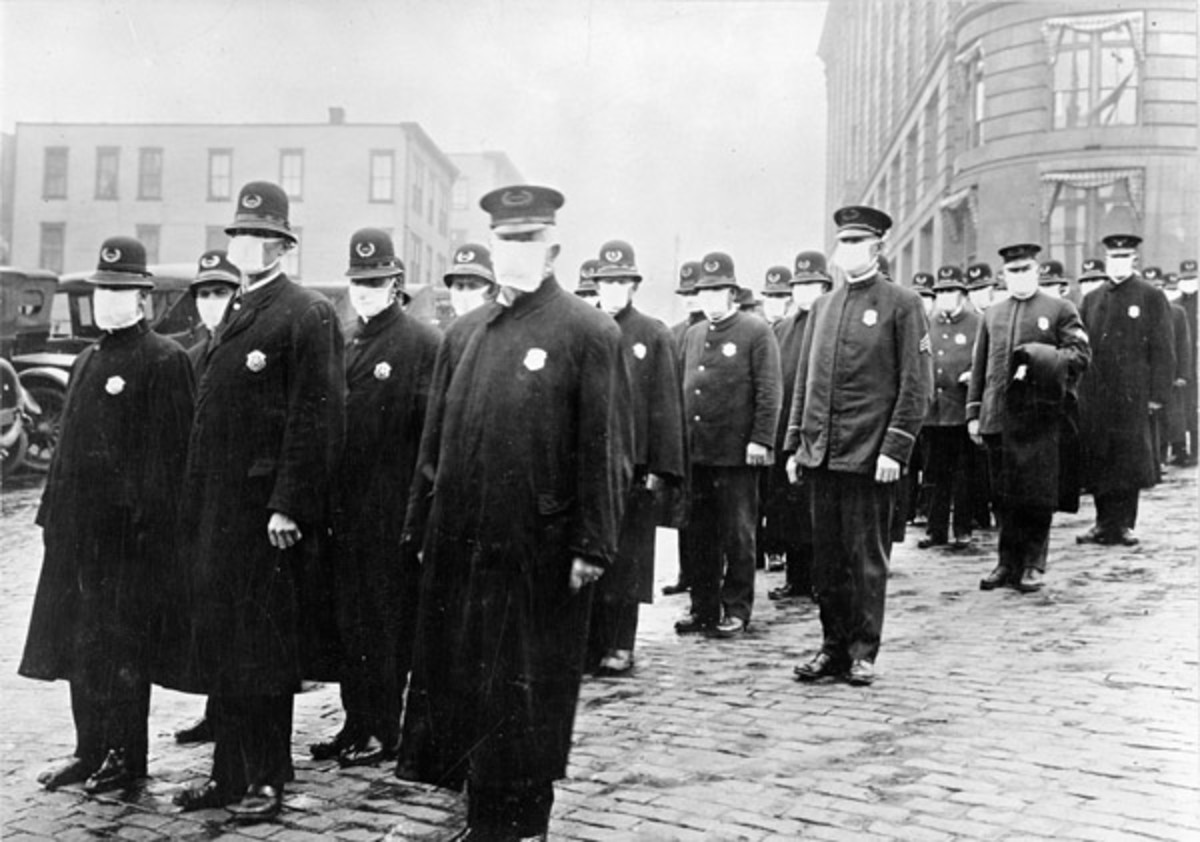Seven Things You Should Know About COVID-19
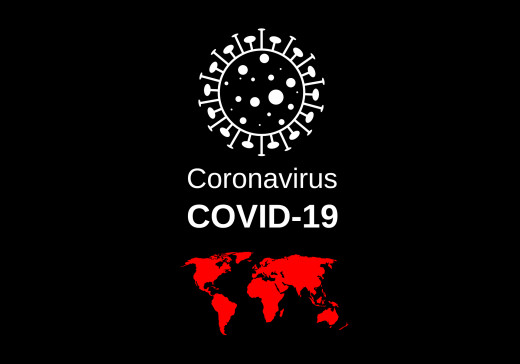
1. COVID-19
Let’s start with the name of the disease that started this pandemic. I’m calling it COVID-19 (an acronym for COronaVIrus Disease of 2019) because that’s a nice, neat, and handy title. Let me emphasize again that this is the name of the disease brought on by the virus. There are several variations out there:
- coronavirus disease
- Novel coronavirus pneumonia
- Spawn of Satan
Then the virus itself has been called:
- the COVID-19 virus
- 2019-nCoV
- severe acute respiratory syndrome coronavirus 2
- SARS-CoV-2
There may be a few other variations, but that about covers the basics. The main point of this part of my vocabulary lesson is that people tend to confuse the name of the disease with the name of the virus, and vice-versa.
Some people just refer to the disease as “The Pandemic.” Come on people, pay attention. We’re having a pandemic (an epidemic that goes global) because of COVID-19, which is caused by SARS-CoV-2. This is not the only pandemic we’ve ever had, nor will it be the last one. Moving on.
2. Quarantine
This is also referred to as “sheltering in place” or “self-quarantine.” Quarantine is not a new word, but it’s being used in a new way. Previously, folks talked about a quarantine as something you did with animals when they were transported into a new country. Or something you did with very sick people so that they didn’t get other people sick.
Now we are realizing that a quarantine can affect perfectly healthy people, if they are suspected of “possibly” having COVID-19, even though they are not showing signs of being ill. Quarantine is not to be confused with isolation, which is where you separate people who are actually sick from those who are not.
Got it? Good.
3. Unprecedented
If I had a nickel for every time I heard “unprecedented” in the news, I’d have, well, a bunch of nickels. We are living through “unprecedented” times right now, meaning we are going through or experiencing something that’s never been experienced before, i.e., has no precedent.
I think the use of this word is fairly accurate. There is no precedent for large portions of our economy closing down all at once, or all music and sporting events being canceled. It’s difficult to wrap your mind around it. And it’s happening globally, not just in our country. I don’t think that I’ll ever hear that word again without thinking of COVID-19.
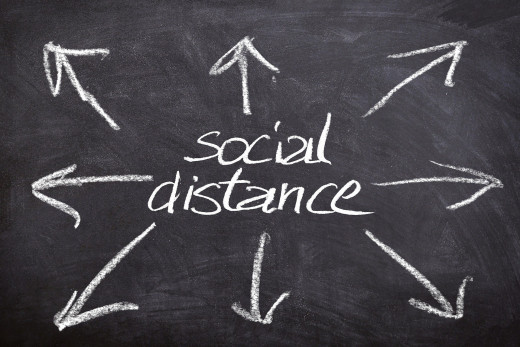
4. Social Distancing
Before COVID-19, if you had said that you were “social distancing,” people would have thought that you were emotionally unbalanced or extremely artistic. Previously we referred to people who stayed at home and never went out as “hermits.” A person who lived in seclusion from society usually did so for religious reasons, or because they had mental problems. Now it’s commonplace, acceptable, and even preferred. The world has been turned upside down. Hermits are praised, and people who go out and socialize are being vilified.
5. Normal
They tell us that we will never go back to normal. No, we will all be going to something called the “new normal.” To me, it begs the question of what “normal” is/was in the first place. Before President Trump issued two national emergency declarations on March 13, 2020 (yes, Friday the 13th), I would typically go into town for groceries about once a week. After that, I continued going into town about once a week to get groceries, only now I wear a face mask. Also, I was already working remotely before all of this started, so my view of “normal” was already different from many other people.
My point is that going back to “normal” or the “new normal” will look very different to people, depending upon their starting point. Please keep in mind that no everyone’s experience is going to be the same. Here is where good old-fashioned communication will come in handy. I think you will find that saying things like, “how are you doing with all this?” or “how are you coping?” will be very useful, rather than assuming that everyone else is having the same experience as you are having.
6. Alone Together
They tell us that we’re all in this together, that we may be apart but we’re not alone. Or the great oxymoron, we are “alone together.” It’s a phrase that contradicts itself, yet has been fully accepted and even embraced by the media. Along these same lines, you’ll also hear the phrase, “now, more than ever” in reference to COVID-19, as if this situation is grounds for completely reassessing your life and behaviors. As this plays out, it will be interesting to see what other phrases come to be associated with this moment in history. Time will tell.
7. Quarantini
Okay, this one is just for fun. With COVID-19, we have seen the rise of the Virtual Happy Hour. In case you don’t know about the phenomenon, it’s where several people meet up over Zoom (or another virtual conferencing platform), grab a beverage of their choice (e.g., a quarantini), and chat, have a few laughs, or just look at each other. It’s good for mental health and can combat feelings of isolation and stress.
Of course, many other terms and phrases have changed in our society because of COVID-19. I’ve barely scratched the surface. Perhaps you will be kind enough to leave a few of your favorites in the comments below.
Thank you, and stay well!
How has COVID-19 changed your life?
This content is accurate and true to the best of the author’s knowledge and is not meant to substitute for formal and individualized advice from a qualified professional.
© 2020 Carolyn Fields


